Policy makers recently convened at the European Council,Brussels,Belgium, to find ways to strengthen the competitiveness and strategic autonomy of the EU.
European leaders received an urgent demand from the World Circular Economy Forum (WCEF) 2024.
The clear message from nearly 10,000 circular economy experts from around the world was that implementing circularity is crucial for securing economic prosperity and unlocking well-being by reducing the overuse of non-renewable natural resources.
The forum, which took place in Brussels 15-18 April 2024, highlighted the importance of the EU’s role in accelerating the transition to a circular economy globally.
“Developing the EU’s single market to support circularity would create new business opportunities, jobs and security for all Europeans. This would strengthen the EU’s strategic autonomy and competitiveness. It would also send a powerful signal of a predictable investment environment,” says Atte Jääskeläinen, President of the Finnish Innovation Fund Sitra, the initiator of the WCEF.
“The solutions pathway to maintain quality of life and economic competitiveness is getting narrower and steeper, and there are less and more urgent options on our policy menu than decades ago. But with decisive action and political courage, a sustainable future is still possible for all by decoupling growth of resource use from human well-being,” says Janez Potočnik, Co-Chair of the International Resource Panel (IRP).
“Continuing to benchmark circularity and measure progress, setting new ‘rules of the game’ through policy will be crucial next steps for Europe. Moreover, radical collaboration across the globe will be fundamental in driving the transition at the speed and scale necessary,” says Ivonne Bojoh, CEO of Circle Economy Foundation.
The circular economy offers major economic opportunities for Europe. Across the continent, companies from startups to large enterprises are developing innovative solutions that create new businesses and combat biodiversity loss. This trend is exemplified by a list of Europe’s 30 leading circular solutions for nature, published by Sitra on 15 April. However, appropriate regulation is essential for companies to scale their operations across Europe.
“You need funding to do right investments and innovation, you also need policies and frameworks that give us security about what is going to happen,” stated Veerle Slenders at the event. She is Executive Vice-President for Recycling at Umicore, a global materials technology and recycling enterprise.
The WCEF2024 brought more than 1,500 frontrunners of circularity to Brussels, Belgium. In addition, the event has been followed online by almost 8,000 people around the world. The number of countries represented at this year’s forum was 158.
Frontrunners of circularity at the World Circular Economy Forum 2024 in Brussels called for ambitious European policies and implementation of circularity to ensure economic prosperity, including in low-income countries. The EU announced the establishment of a new Circular Economy Resource Centre to speed up the worldwide transition to circularity. The next WCEF will be held in São Paulo, Brazil in May 2025.
In a circular economy, offers more value from what is at hand by making products that last and by keeping those products in active use as long as possible. This also reduces the need to extract new natural resources, leaving more room for nature to thrive.
The World Circular Economy FoRum(WCEF) creates a new economy, businesses and jobs, by leveraging circular solutions to solve the planetary crisis.
Since 2017, the forum has gathered forward-looking thinkers and doers to showcase and enact the world’s leading circular economy solutions.
WCEF is a global initiative of Finland and the Finnish Innovation Fund(SITRA).It is organised by Sitra and produced with Circle Economy Foundation (programme partner) and the International Resource Panel (science partner), in close collaboration with international partner organisations.
SOURCE
SITRA


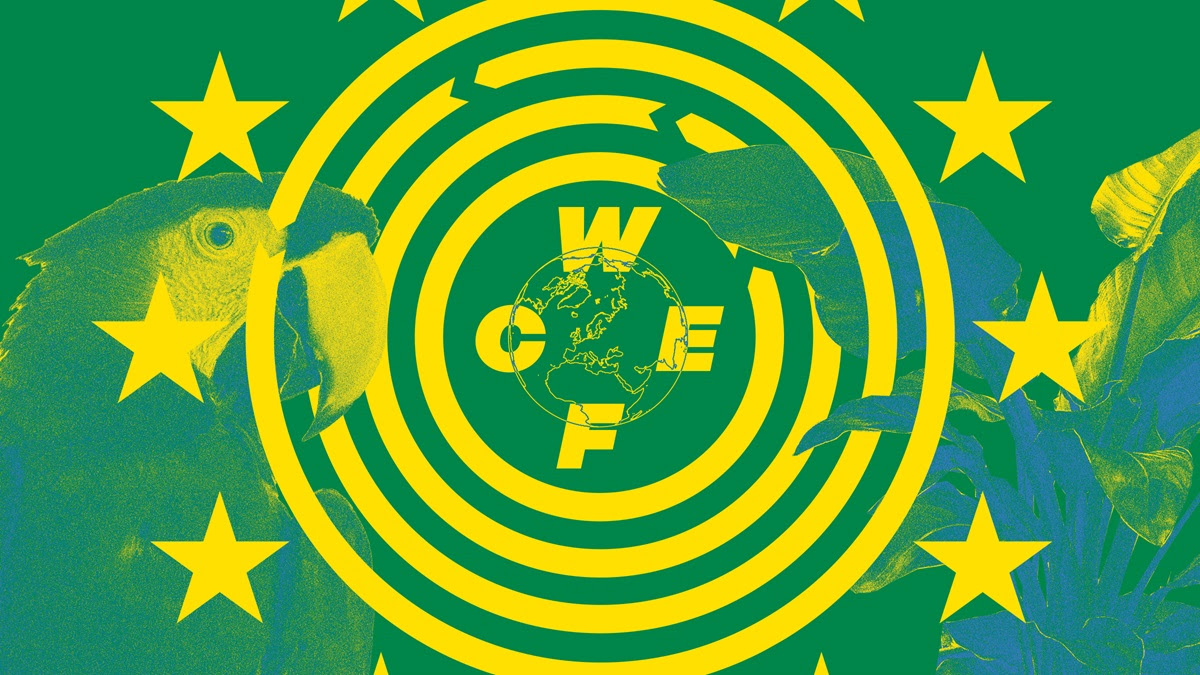

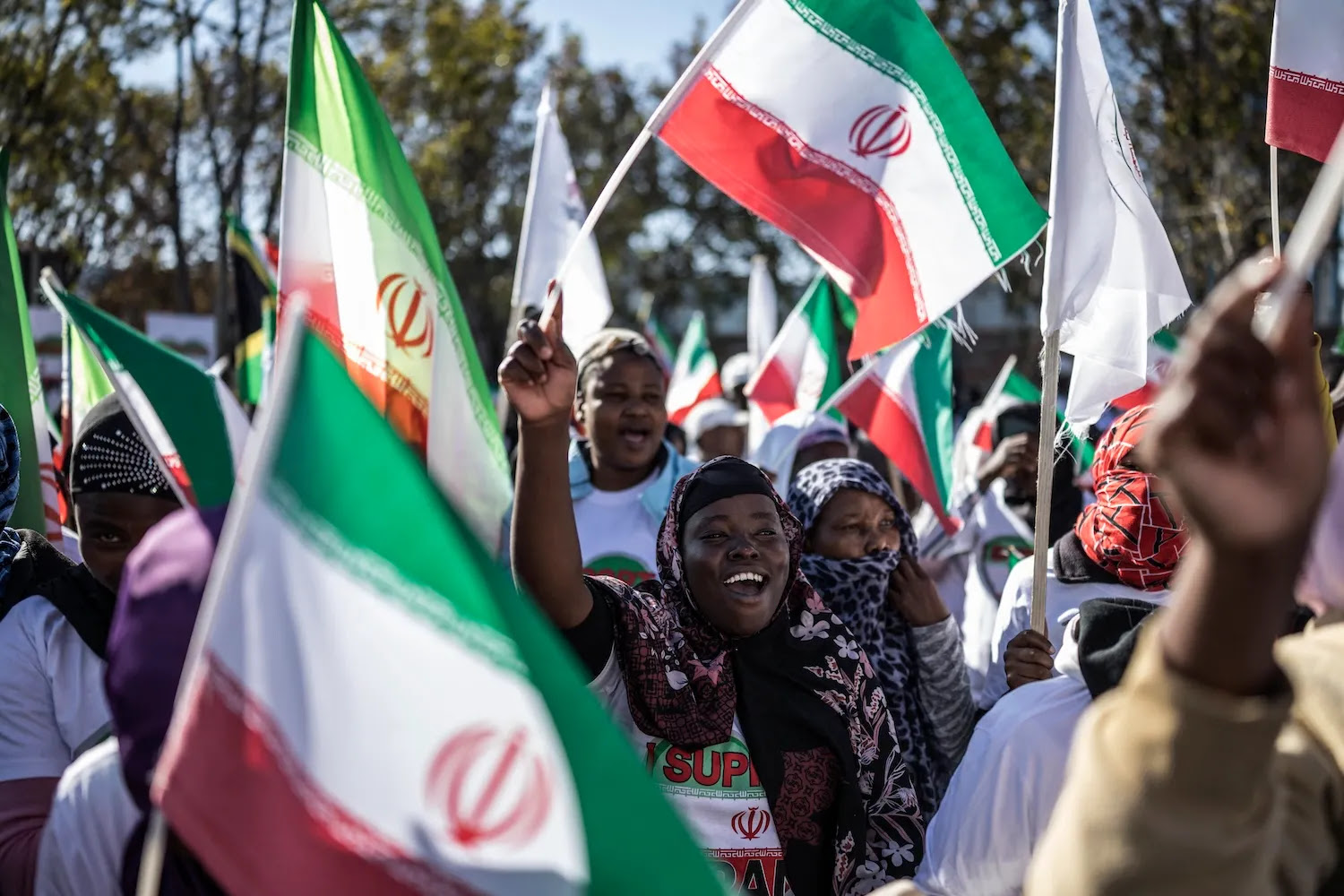
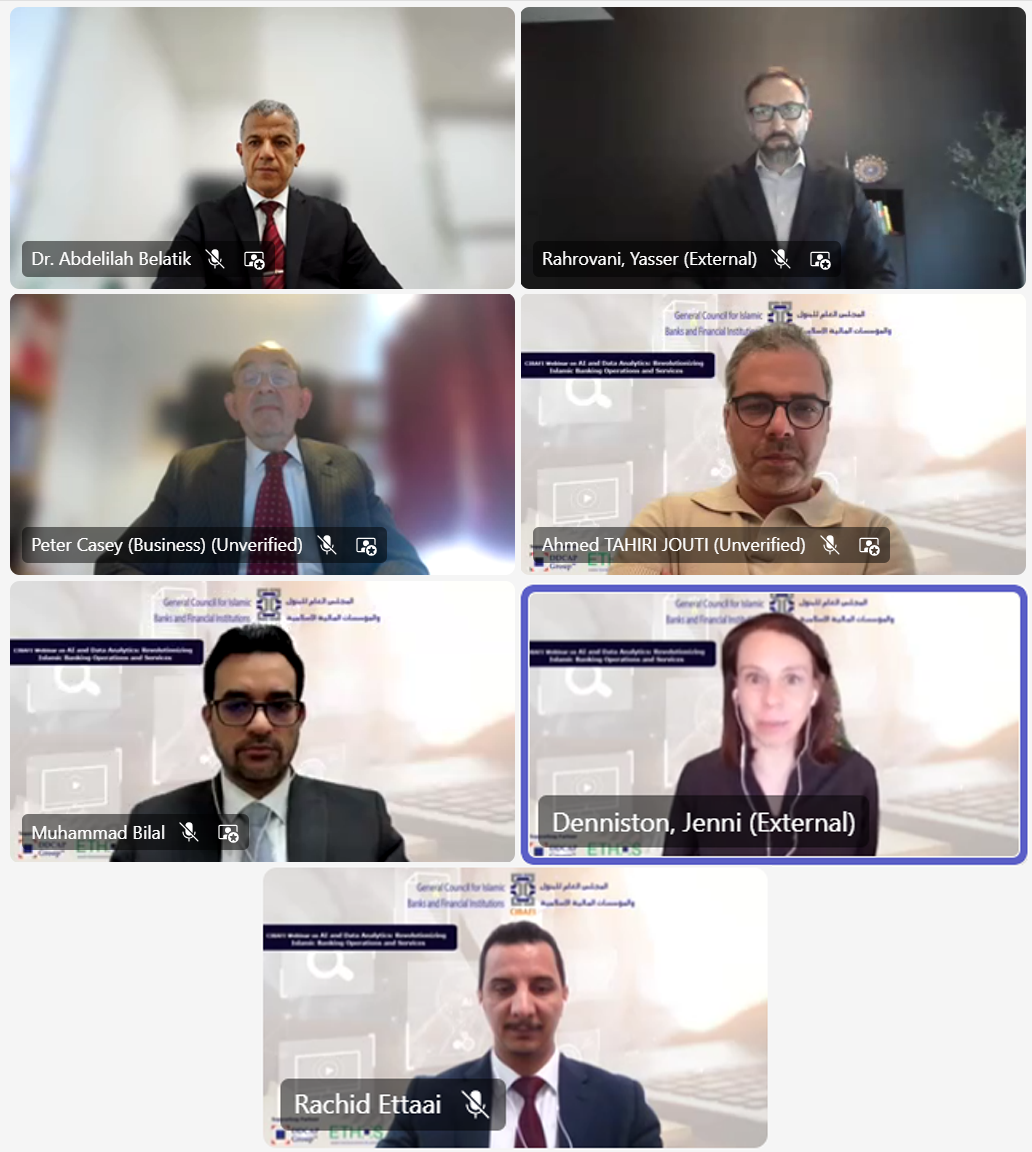
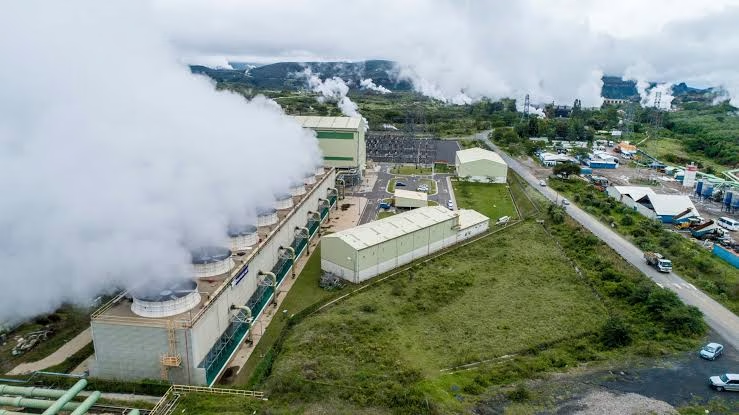
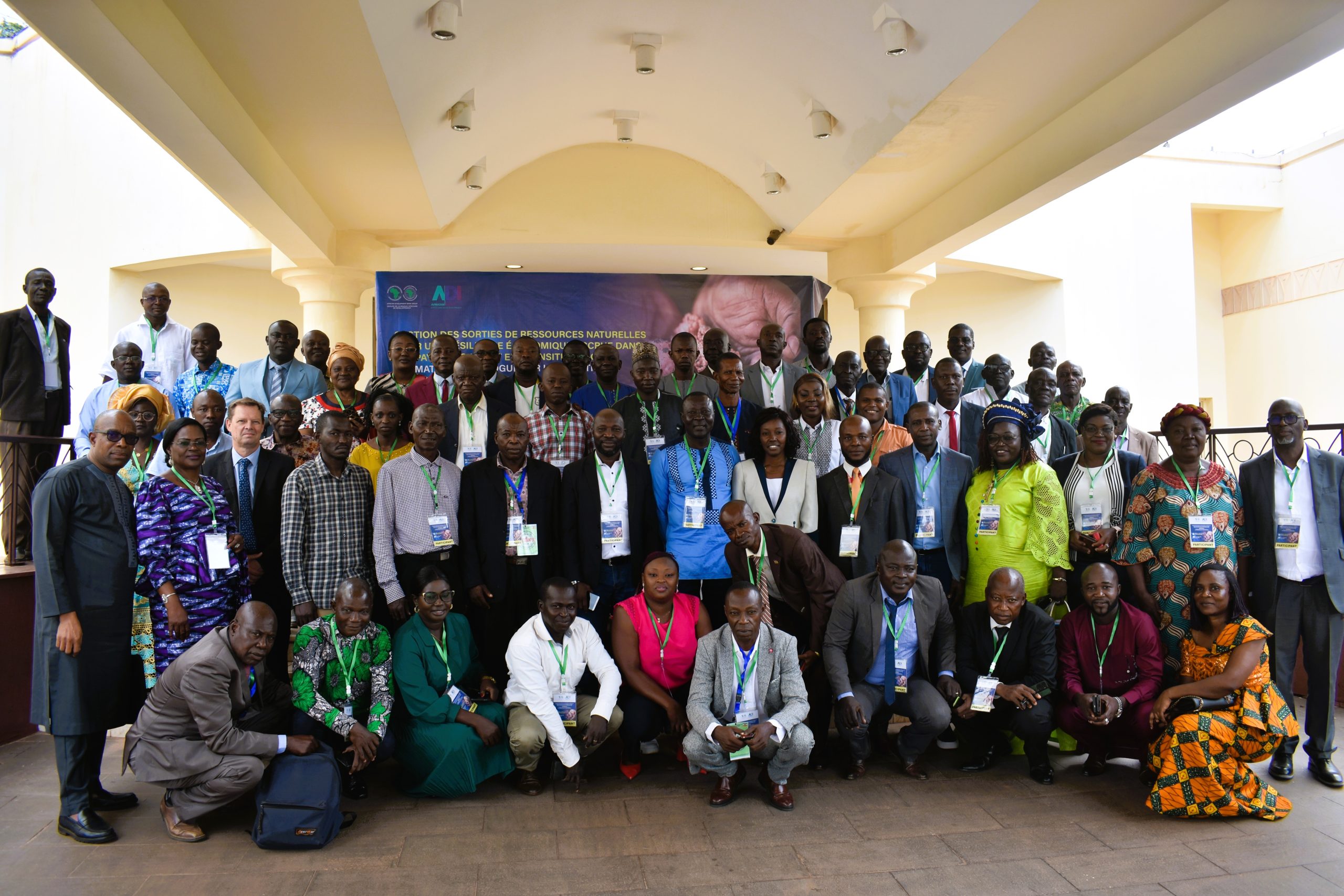
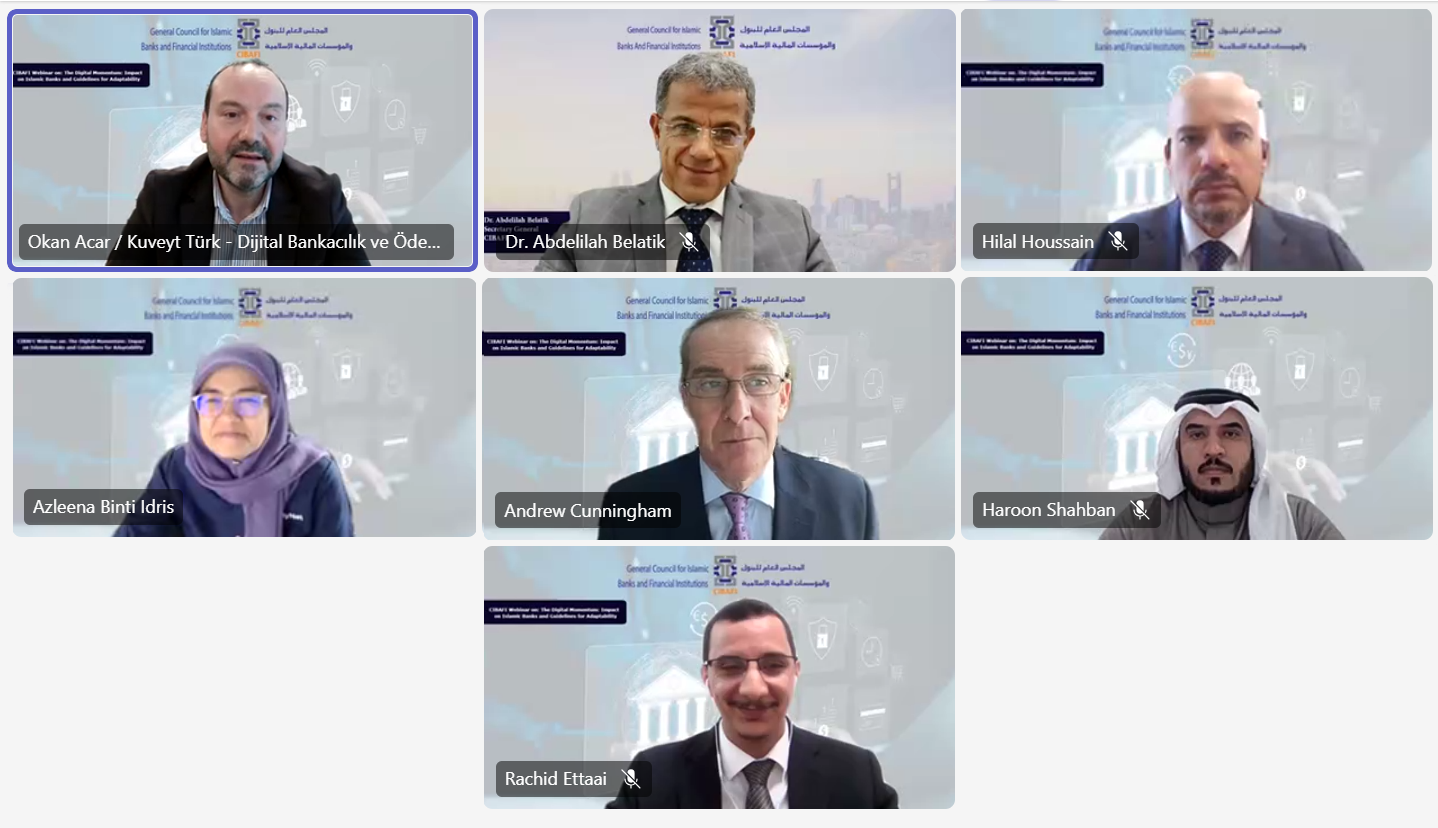
Leave a Reply